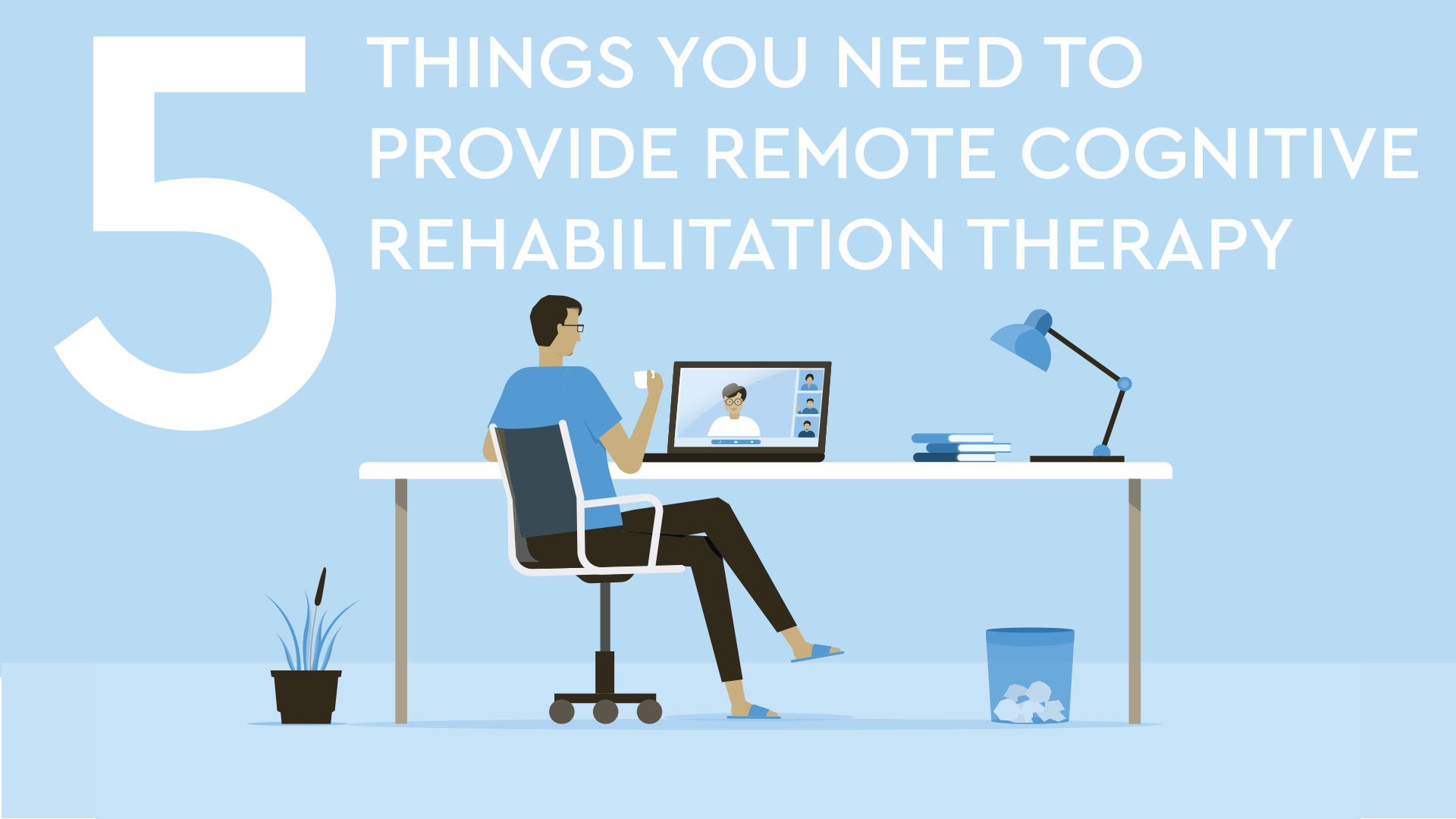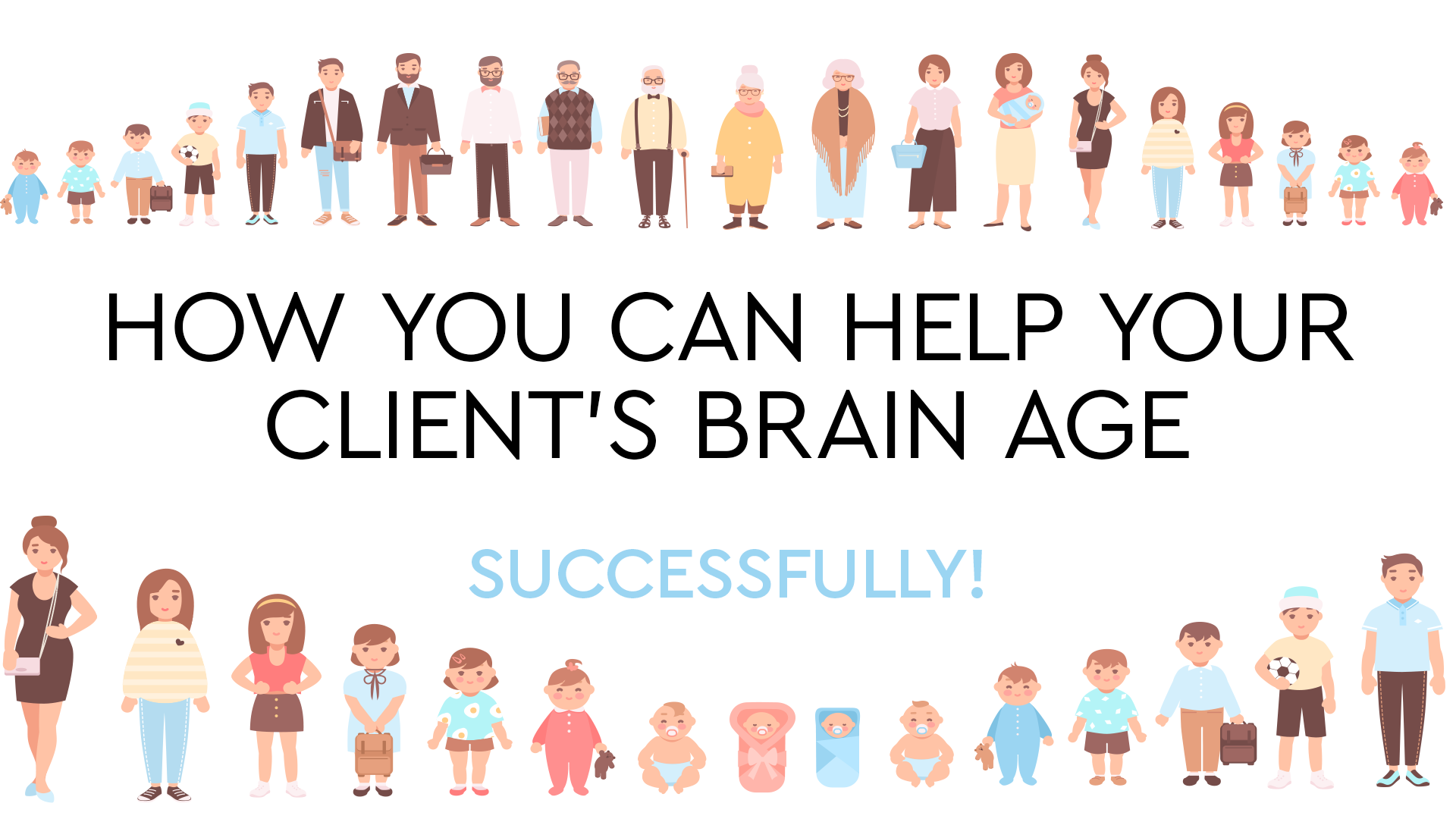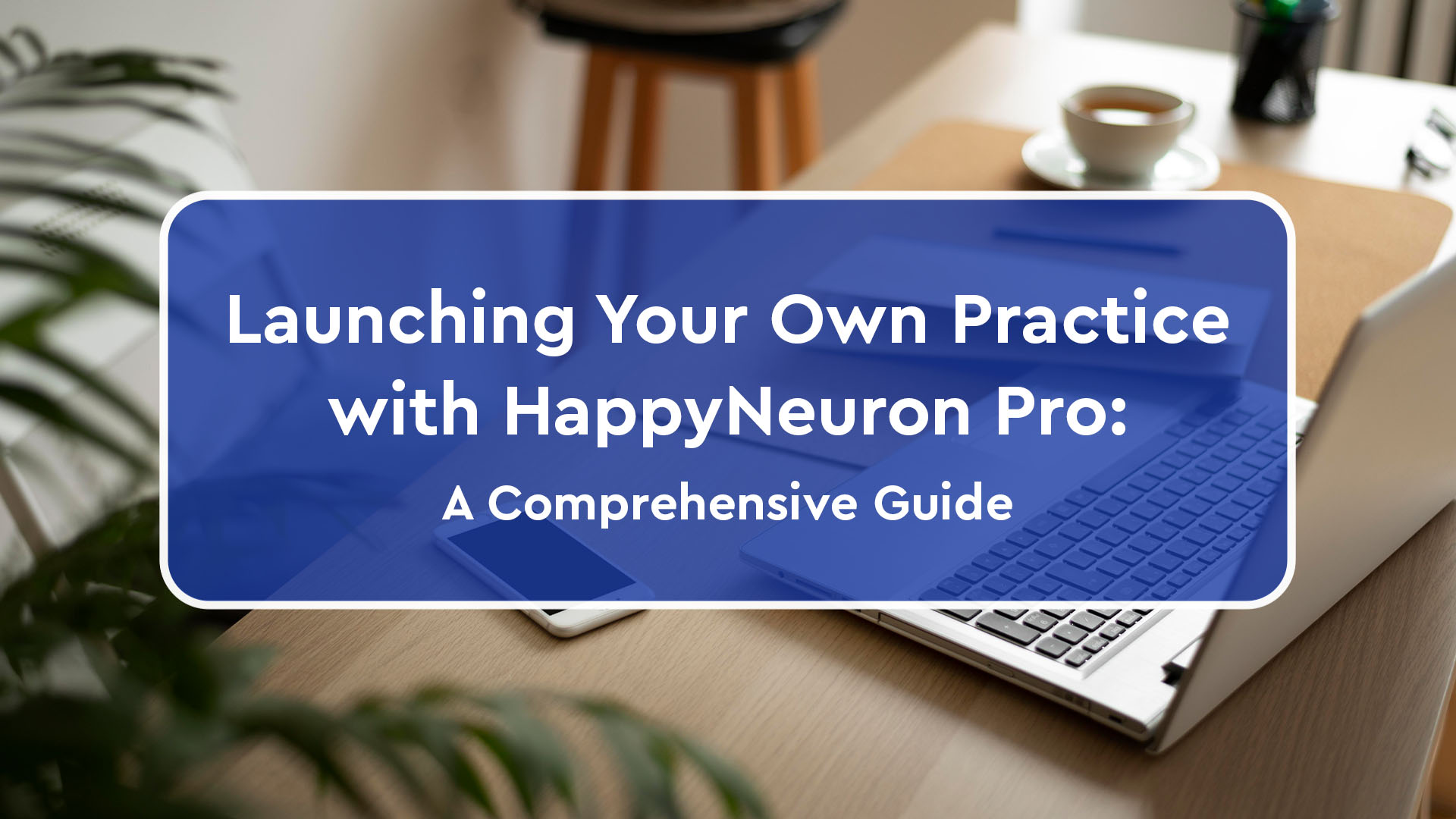30 Sep 5 Things You Need to Provide Remote Cognitive Rehabilitation Therapy
Providing remote cognitive rehabilitation therapy may seem difficult, but can be made easy with the right materials. In this blog post, we share with you 5 things that you need to help you provide cognitive rehabilitation therapy for your clients from home.28 Jan How Headaches Impact Cognition
We’ve all experienced a headache at some point in our lives. Other than experiencing headaches when we are sick, some people may have a medical condition that causes them to have chronic headaches. Headaches may also result from experiencing a stroke or brain injury as the brain recovers. Headaches can be disruptive: we may not be able to focus, move, or think because we are experiencing intense pain. Headaches may also disrupt cognitive functioning. In this blog post, we discuss the effects of headache on clinical measures of neurocognitive function.28 May How Can I Use HappyNeuron Pro With Kids?
Every teacher, guidance counselor, school psychologist, speech therapist, occupational therapist, and parent is looking for ways to help children succeed. Participating in academics, sports, and social life all involve complex behaviors that utilize important cognitive skills. With young minds, it is important to help children of all ages build the building blocks of these essential cognitive skills.26 Apr Why Some Children Struggle to Learn Fractions
Learning fractions is an important mathematical skill. We use fractions in professions such as life sciences and auto-mechanics, as well as everyday life for quantifying parts of a whole. However, many elementary and middle school-aged children have difficulty understanding and manipulating fractions. In this blog post, we discuss why fractions are difficult to learn for many children, why children with math disabilities struggle to learn fractions in comparison to peers, and what interventions can be done to help children be able to grasp and manipulate fraction quantities.08 Mar 3 Reasons Why You Should Treat Cognition As Part of Depression Therapy
When people are depressed, many seek psychotherapy to work on the emotional symptoms and ailments from their depression. However, people with depression also experience cognitive problems. Common cognitive problems resulting from depression include difficulty paying attention, poor memory, and becoming easily distracted. These cognitive problems may interfere with activities of daily life, such as performing at work, which can cause a person to enter a negative cycle as a result of the impact of the cognitive problems on their daily life. People working with clients battling depression may want to treat cognition as part of their client’s depression therapy. In this blog post, we discuss why you should treat cognition as part of depression therapy for your clients.09 Oct 5 Ways You Can Help Your Client’s Brain Age (Successfully!)
Aging is a natural physiological part of life that starts the moment that we are born! As we age, our cognitive functioning naturally declines. However, cognitive decline can occur due to preventable causes.08 Jan Launching Your Own Practice with HappyNeuron Pro: A Comprehensive Guide
Posted at 13:09h
in Digital Tools, HappyNeuron Pro, Neuroscience, Occupational Therapy, Product Features, Professions, Psychology, Speech and Language Pathology, Telehealth, Therapy Tips
How to launch a clinical practice with HappyNeuron Pro and reap the benefits of its features.
24 May How Music Rewires the Brain
Posted at 00:00h
in Alzheimer's Disease, Dementia, friendship, Healthy Aging, Memory, Misc, Social Cognition
Music can make us feel strong emotions, but did you know it’s healthy for our brains as well?
17 Feb 8 tips to help clients with Seasonal Affective Disorder
Posted at 00:00h
in Cognitive Remediation, Depression, Exercise, friendship, Health, mindfulness, Psychology, Sleep
During the winter months, many people experience Seasonal Affective Disorder (SAD). This is a mood condition similar to Depression, but it specifically occurs during a certain time of year, typically the winter.











